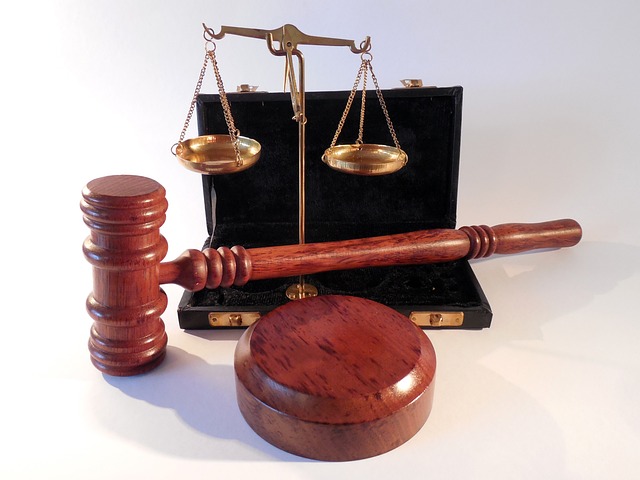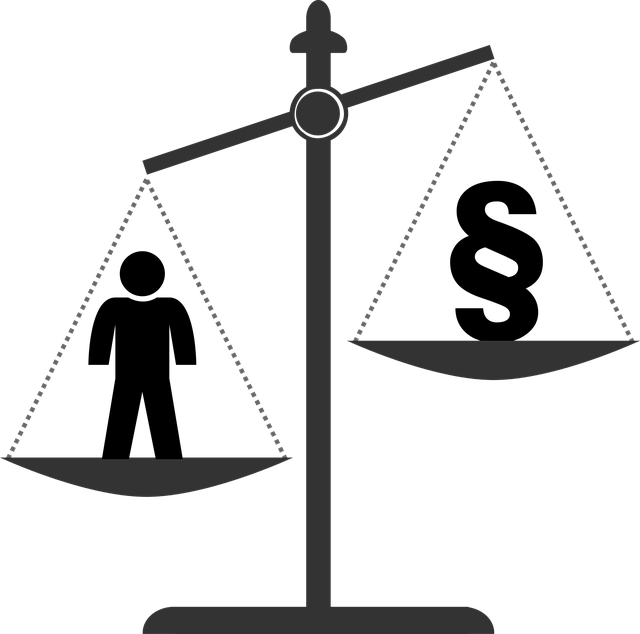Securities class actions protect investors from fraud while balancing defendants' rights in criminal cases. These legal proceedings require clear evidence of violations, ensuring fairness and protecting both investors and companies from unfounded accusations. Defendants enjoy key protections like the presumption of innocence and defenses such as lack of knowledge or intent. Navigating this equilibrium is crucial for penalizing culpable parties while safeguarding due process rights, fostering a fair investment ecosystem where accountability and fairness coexist.
Securities class actions are a critical aspect of financial litigation, providing a mechanism for investors to seek redress for widespread securities violations. This article delves into the legal landscape surrounding these complex cases, focusing on key components like understanding securities class actions and defendants’ rights in criminal cases related to securities. We explore the balance between punitive measures and investor protection, navigating the intricacies to ensure justice while safeguarding the interests of all parties involved.
- Understanding Securities Class Actions: A Legal Perspective
- Defendants' Rights and Defenses in Criminal Cases Related to Securities
- Navigating the Complexities: Balancing Punitive Measures and Investor Protection
Understanding Securities Class Actions: A Legal Perspective

Securities class actions are a type of legal proceeding where investors join forces to sue companies and individuals accused of securities fraud or violations of federal and state laws. This collective approach allows for more substantial financial recoveries and enhanced deterrence against future misconduct, making it a powerful tool in maintaining market integrity. From a legal perspective, understanding these actions involves recognizing the rights and responsibilities of all parties involved, especially defendants in criminal cases.
While defendants’ rights in criminal cases are paramount, the unique nature of securities class actions necessitates a balanced approach. In high-stakes cases, where the respective business practices are under scrutiny, plaintiffs must prove violations with clear and convincing evidence. This ensures that companies aren’t unjustly penalized for mere errors or differing interpretations of regulations but safeguards investors from fraudulent activities that can lead to complete dismissal of all charges, if warranted.
Defendants' Rights and Defenses in Criminal Cases Related to Securities

In securities class action cases, defendants face a unique set of challenges and rights within the broader framework of criminal law. While plaintiffs seek redress for alleged misdeeds, defendants have specific legal protections and defenses at their disposal. One key right is the presumption of innocence, where defendants are considered not guilty until proven otherwise by competent evidence. This fundamental principle ensures that individuals are not unfairly convicted based on circumstantial or uncorroborated allegations.
Additionally, defendants can invoke various defenses to counter criminal charges related to securities. These may include arguing lack of knowledge or intent, challenging the admissibility of evidence, and asserting that their actions were legal and compliant with regulatory frameworks. The interplay between these rights and defenses is crucial in navigating the complexities of general criminal defense, especially when addressing concerns from both the philanthropic and political communities across the country.
Navigating the Complexities: Balancing Punitive Measures and Investor Protection

Navigating the complexities of securities class actions requires a delicate balance between punitive measures and investor protection. While seeking justice for affected investors is paramount, it’s equally crucial to respect the rights of defendants in criminal cases. These defendants, often corporate entities or individuals, face significant legal repercussions, including potential jail time and substantial fines. However, ensuring their due process rights are upheld is essential to maintaining a fair judicial system.
Across the country, jury trials play a pivotal role in determining liability and awarding damages. For his clients, this means presenting compelling evidence and robust legal arguments to challenge or defend against allegations. The complexity arises when balancing the need for deterrence—a key aspect of punitive measures—with the goal of protecting investors from future misconduct without unnecessarily burdening defendants. This nuanced approach is vital to fostering a healthy investment ecosystem where accountability coexists with fairness.
Securities class actions present a complex interplay between protecting investors and ensuring fair legal processes. By examining defendants’ rights and defenses in criminal cases related to securities, we gain insights into balancing punitive measures with investor protection. Understanding these dynamics is crucial for navigating the complexities of securities law, ultimately fostering a robust and transparent financial landscape. In this regard, both legal perspectives and proactive measures are essential to safeguard interests on all sides, especially as defendants’ rights in criminal cases continue to evolve within this intricate legal domain.






